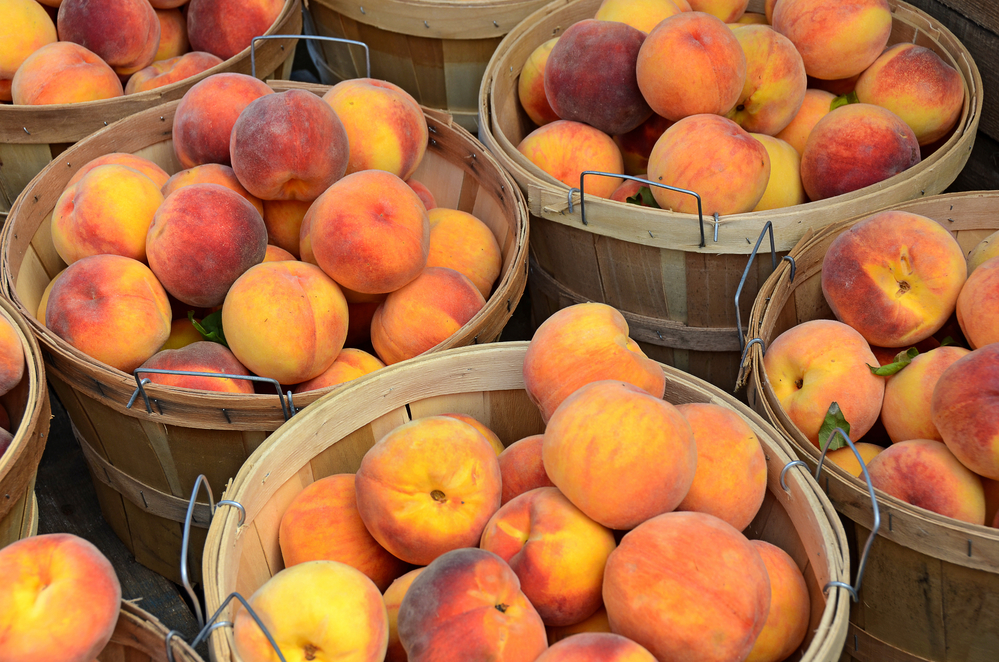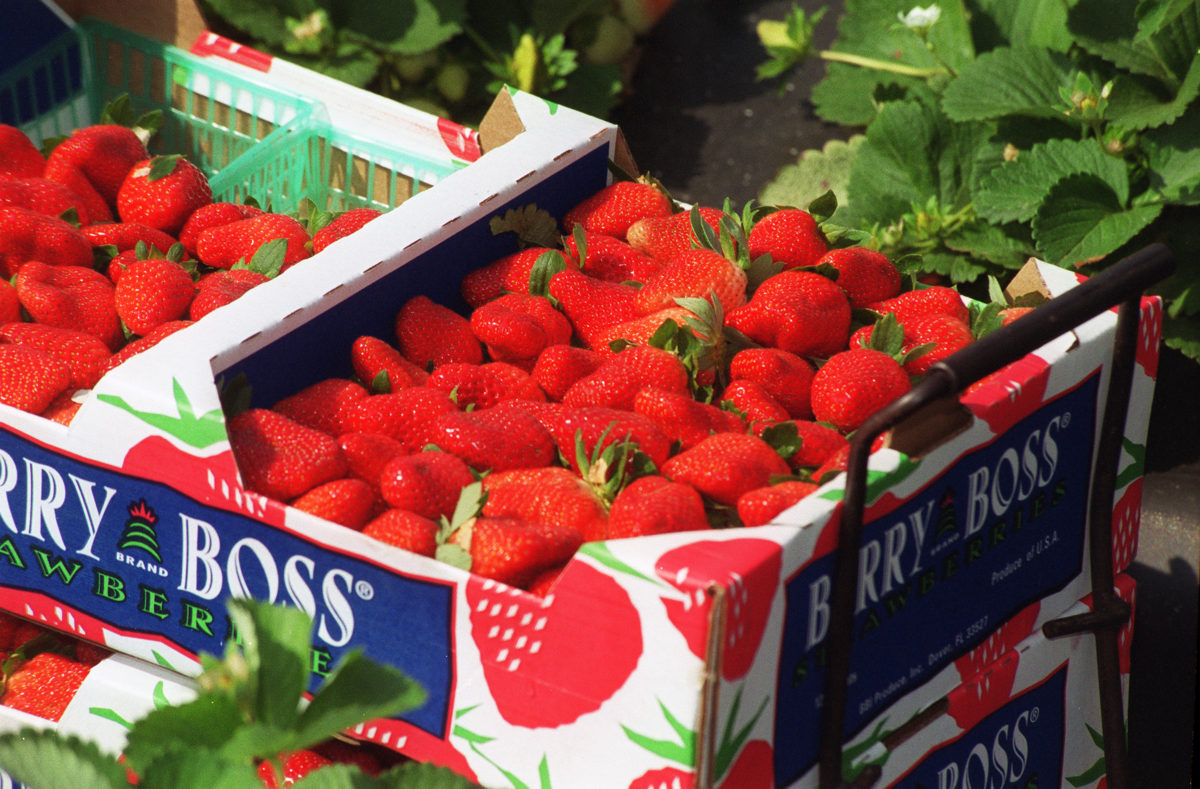By Clint Thompson University of Florida post-harvest plant physiologist Jeff Brecht cautions consumers about putting some fruit and vegetables in their refrigerators. Quality commodities like tomatoes, melons, avocados and peaches are chilling sensitive. Consumers need to be wary that too much cooling can affect the quality of certain produce. “I hear complaints about all of those where people say, ‘They’re …
Control Options for Cowpea Curculio
By Ashley Robinson Southerners love cowpeas, also known as southern peas or black-eyed peas. Unfortunately, so do cowpea curculios, a weevil that wreaks havoc on peas grown in the Southeast. University of Georgia (UGA) researchers are working to eliminate the pest. History of the Pest David Riley, professor of Entomology at UGA, has been researching cowpea curculio for the past …
UF Researchers Find Promising New Treatment in Fight to Beat Citrus Greening
By: Ruth Borger, (517) 803-7631, rborger@ufl.edu GAINESVILLE, Fla. — University of Florida researchers have discovered another possible solution to the plague of citrus greening that is impacting Florida’s citrus groves. This new information adds to the growing portfolio of knowledge that UF scientists are amassing to fight the disease. Led by UF Institute of Food and Agricultural Sciences microbiology and …
Ag Industry Hopes Georgia Grown Message Reaps Bountiful Harvest
By Clint Thompson Now more than ever, buy Georgia Grown. Georgia’s agricultural industries are highlighting this message during the state’s peak season of harvesting produce. Georgia Farm Bureau, University of Georgia Cooperative Extension and Georgia Fruit and Vegetable Association are promoting Georgia Grown produce at a time when the state’s farmers need them the most. “We need folks asking their …
Spring Is a Perfect Time to Start Composting
By Maria M. Lameiras for CAES News With more time at home on many people’s hands these days, lots of yard work is being tackled, making this year’s International Compost Awareness Week, May 3 through 9, a perfect time to create a home composting system. For the new composter, first find an ideal spot on your property to locate your …
Growing Matters: Label Rate and Applicator Training Importance
Using the exact label rate for products is vital for growers and applicators. The BeSure campaign from the Growing Matters Coalition is reminding the industry that not doing so can lead to ineffective treatments and even pesticide resistance. University of Florida Assistant Professor of Agronomy Brett Bultemeier emphasizes the importance of strictly adhering to the product label and proper application …
USDA Report Yields Results for 2019 noncitrus/nuts season
By Clint Thompson The United States Department of Agriculture National Agricultural Statistics Service released its findings for noncitrus fruits and nuts in the Southern Region for the 2019 crop year. These estimates were based on grower surveys. Avocados: Florida’s production of avocados was up 88% from 2018. Its value of production was up 54%. Yields rebounded in 2019. Utilized production …
A Berry Good Deed
Story is from N.C. State College of Agriculture and Life Sciences News website. May 6, 2020 | Dee Shore With unemployment rates hitting record levels in the United States and North Carolina, hunger-relief agencies and nonprofit organizations are encouraging donations. At NC State, Extension Small Fruit Specialist Mark Hoffmann is heeding the call. For each of the past three weeks, …
Let the Peach Harvest Season Begin
By Clint Thompson Those peach lovers ready for a ripe, juicy peach won’t have to wait too much longer. Peach harvest season is just a few days away, says Jeff Cook, University of Georgia Cooperative Extension Agriculture and Natural Resources agent for Peach and Taylor counties. “If they’re not picking any by Friday, they’ll be picking some by Monday,” Cook …
Georgia’s Ag Industry Launches ‘Now More Than Ever, Buy Georgia Grown’ Campaign
ATLANTA, GA– To help mitigate potential losses due to the COVID-19 response, Georgia Department of Agriculture’s Georgia Grown program has joined with partners from Georgia Farm Bureau, University of Georgia Extension Service and Georgia Fruit and Vegetable Association to promote Georgia Grown produce through retail and direct-to-consumer channels. Georgia’s spring fruit and vegetable harvest has an estimated farm gate value …












